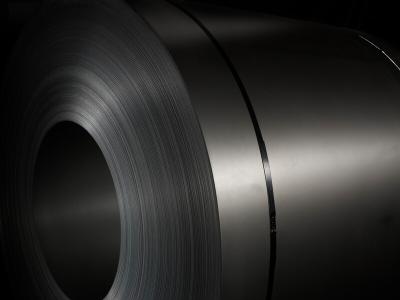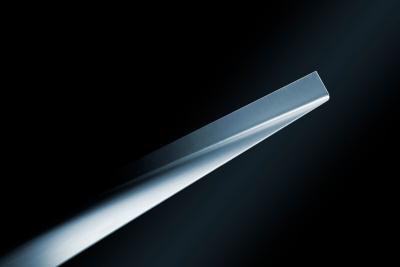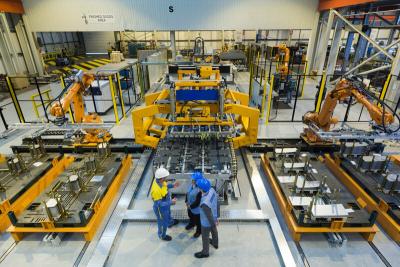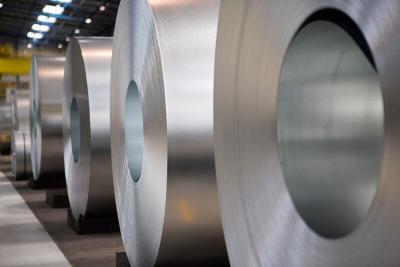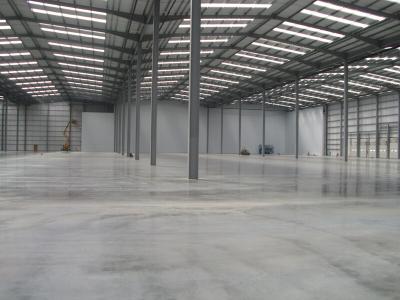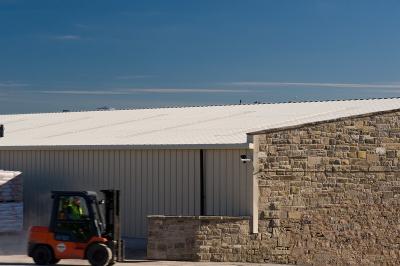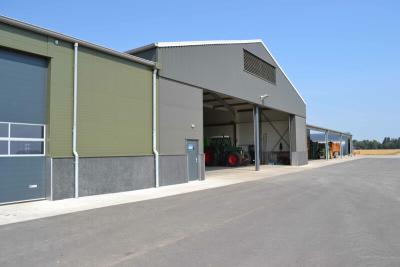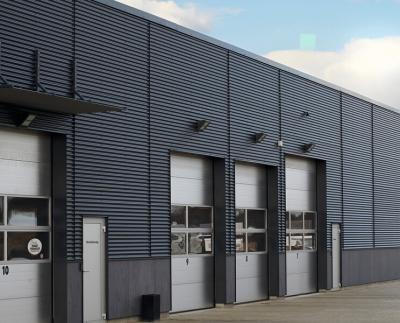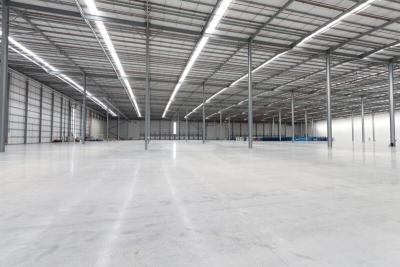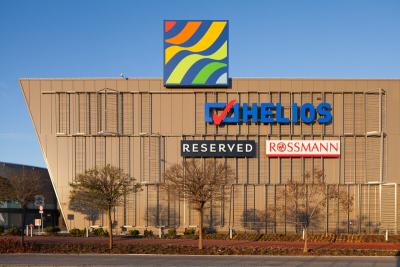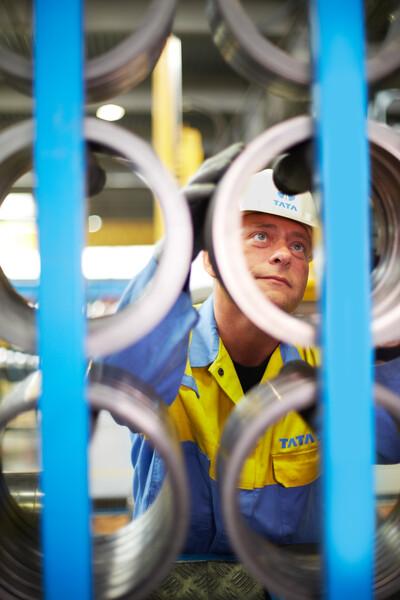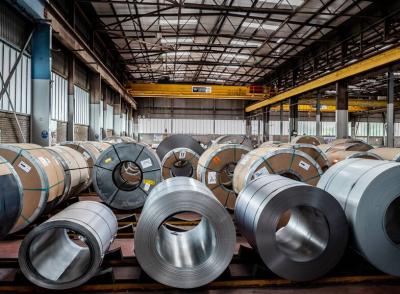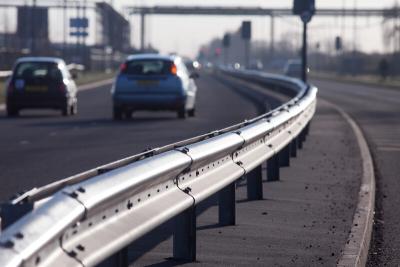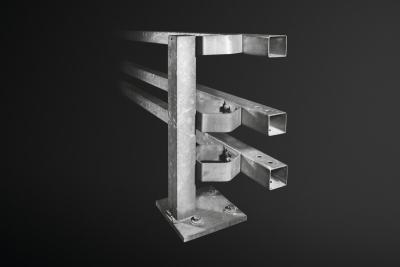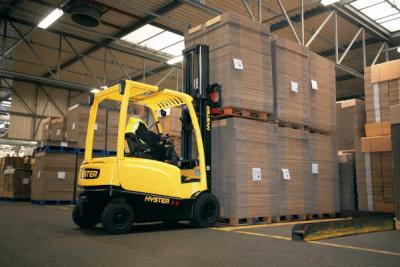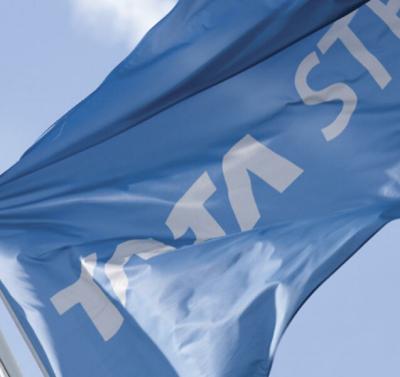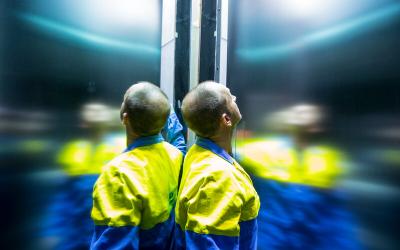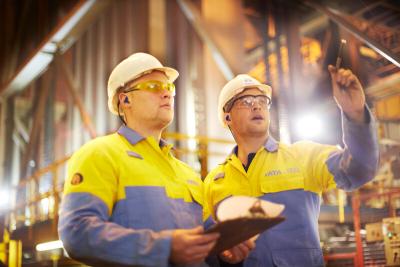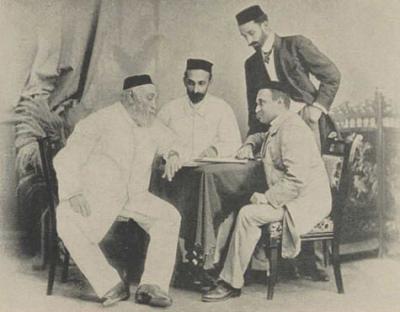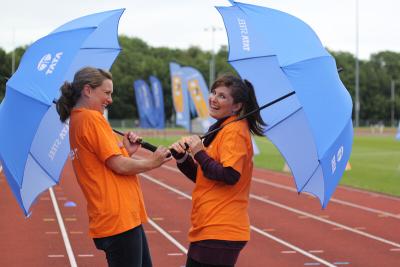Nick Silk has forged an impressive career in the steel industry. As Market and Business Development Manager at Tata Steel UK, he drives the development of new products for automotive customers while spearheading Tata Steel’s sustainability and corporate social responsibility initiatives.
Q: Can you tell us a bit about your background and early experiences in the steel industry?
A: I studied at the University of Sheffield, where I first became interested in metallurgy. I did a PhD in semiconductors, but my postdoctoral research focused on metal forming, which I loved and which laid the groundwork for my deep understanding of steel production.
In the late ‘90s, after working for companies like Primetals, which manufacture steel processing equipment, and Forgemasters, I moved to the Netherlands to work on an exciting project at one of the companies that eventually became Tata Steel. It was basically a new way of making steel entirely – a casting rolling plant.
I’ve been part of the Tata Steel family ever since. Over the years, my roles have included technical management in the hot strip mill at Port Talbot and product management for hot rolled steels, working at the European level. Now, my focus is on the future, helping to lead the shift to sustainable steel.

Q: What are your areas of expertise, and how do they benefit Tata Steel’s automotive customers?
A: My core expertise lies in product metallurgy, process metallurgy, and the sustainability of steel. This technical knowledge allows me to engage deeply with our automotive customers, helping them navigate the complexities of transitioning to greener steel solutions for their vehicles.
Q: How did you become interested in sustainability within the steel industry?
A: The industry's shift toward decarbonisation sparked my interest. About five years ago, I transitioned into a sustainability-focused role, working closely with our teams to understand the environmental impact of steel production. Now, as Sustainability Business Development Manager, I work directly with automotive customers to help them meet their sustainability goals.
Q: What does the future of steel look like, particularly in automotive?
A: The future is all about continuing to do more with less – using higher strength steels to reduce the amount of material in a part while maintaining performance – but it's also about using steels with reduced embodied CO2 and using fewer virgin materials. The automotive industry has really done a lot of homework on green steel in the last four or five years engaging with people like myself to better understand the timescales and the impact on their corporate emissions. I’ve seen the depth of questioning come on in leaps and bounds such that they are now clearly well informed about what they will be able to source and by when. Many automakers are already committed to ambitious sustainability targets, and we’re seeing growing demand for steel with a lower carbon footprint and higher recycled content. Tata Steel UK’s move to electric arc furnace technology aligns perfectly with this shift, enabling us to recycle end-of-life vehicles and manufacturing scrap into new automotive steels, creating a truly circular economy.
Q: What are the key sustainability challenges for automotive manufacturers when sourcing steel?
A: One of the biggest challenges is the lack of a standardised approach to measuring the sustainability of steel. There's a lot of confusion around the different ways to measure carbon footprint and recycled content, and customers are often unsure of how to compare the sustainability credentials of different steel products. A big part of my role is helping them make sense of these complexities, providing a clear path to decarbonisation. The transition will take time, especially for products like ultra-high strength steels and outer body panels, but we’re confident that we can meet these challenges and deliver the solutions our customers need by 2030.
Q: What excites you most about your role?
A: I love the autonomy I have to work across various projects and contribute to Tata Steel’s future. Technically, I'm most passionate about the design of our products and the processes used to manufacture them. Recently, I’ve been deeply involved in designing the first products we’ll manufacture using the electric arc furnace when it comes online. It’s exciting to play a part in shaping the future of steel production.
Q: What job would you be doing if you hadn’t followed this career path?
A: I could definitely see myself as a university professor, where I could focus on research and mentoring young talent. I’m passionate about sharing knowledge and encouraging the next generation to push boundaries in the steel industry.
Learn more about how Tata Steel UK is transitioning to a green steel future here.








